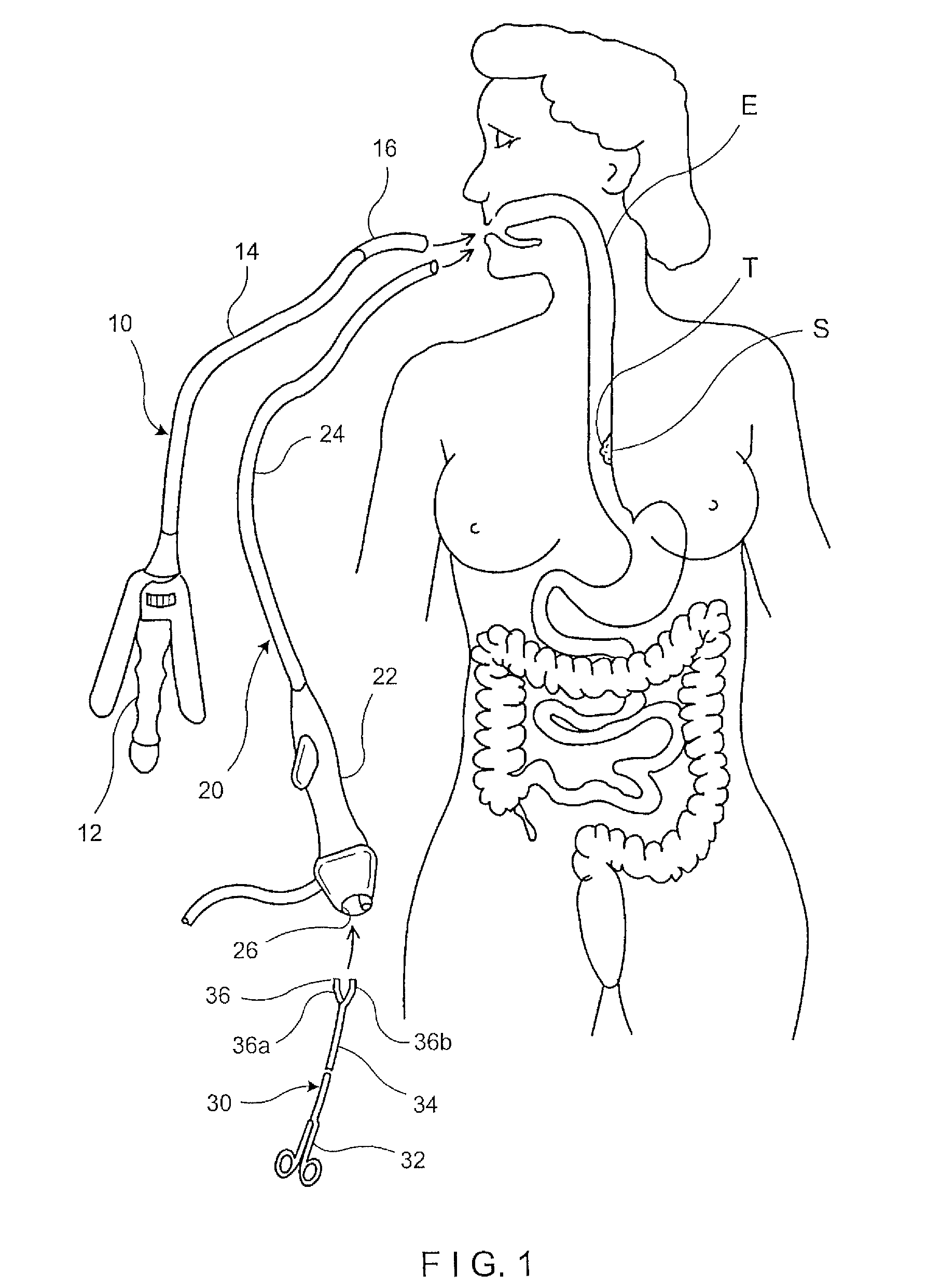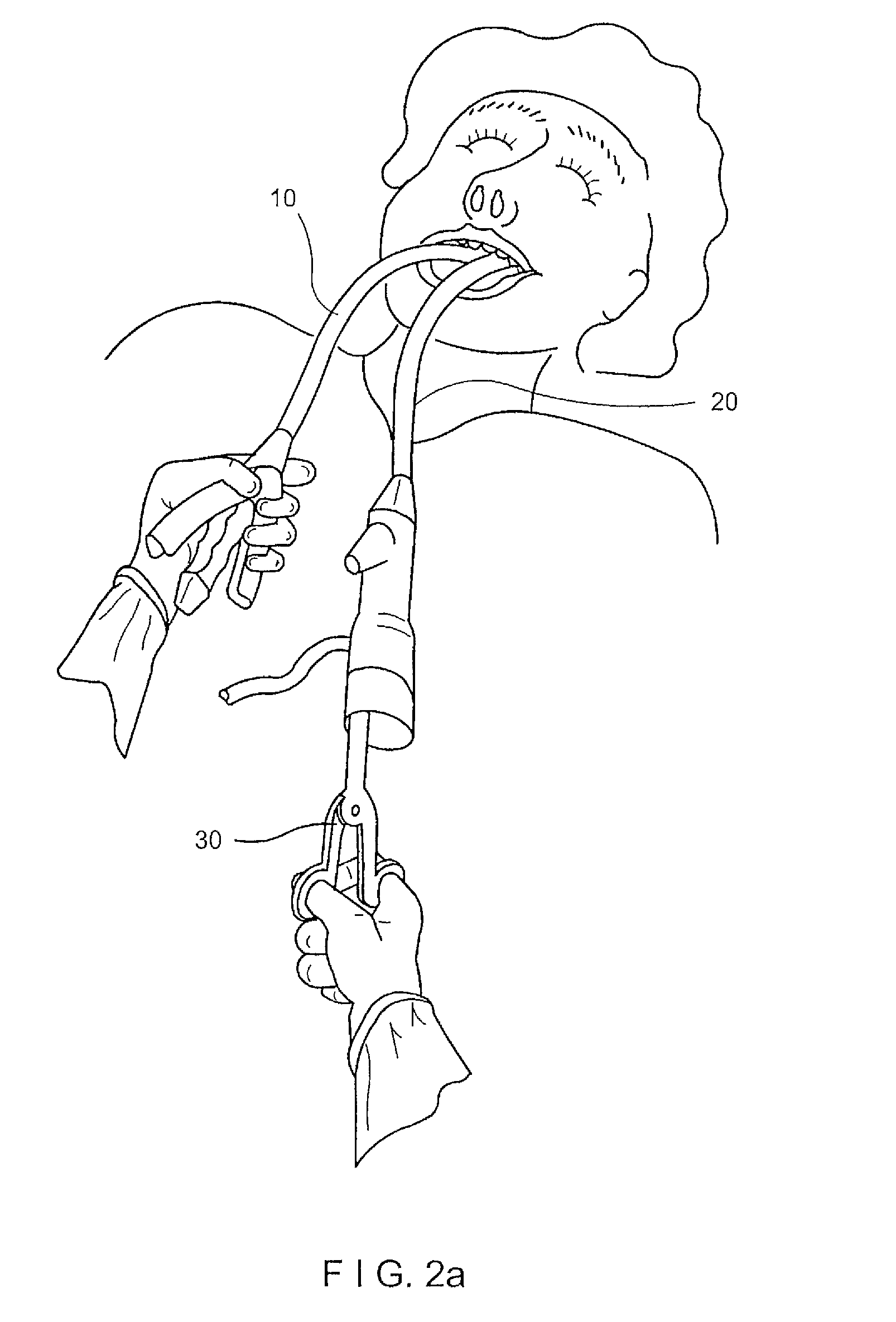In Rex Medical, L.P. v. Intuitive Surgical, Inc., No. 2024-1072 (Fed. Cir. Oct. 2, 2025), we find yet another decision involving the Federal Circuit overturning a jury's damages verdict. A jury had awarded $10 million for the infringement that was reduced to nominal damages of $1.
Key holdings:
- Nominal damages are proper - The Patent Act sets a "reasonable royalty" damages floor, but only if there is an evidentiary basis.
- Comparable-license apportionment is mandatory - when a comparable license covers more than simply the patent at issue, additional evidence must be presented to the jury to explain how to apportion the license value between the patent at issue in the case, and the other rights licensed.


There is a lot to question about this decision, but ultimately I think it comes down to the statement that Intuitive's attorney made at oral arguments:
Melanie L. Bostwick: This is not in the record because Rex didn't do its job in present this evidence.
Background: Days before trial, District Judge Maryellen Noreika excluded Rex's damages expert Douglas Kidder from testifying about the key comparable license in the case—a $10 million settlement agreement between Rex and Covidien that covered not only the '650 patent at issue, but also a related patent that had been the subject of a lawsuit (the '892 patent), eight other U.S. patents, seven U.S. patent applications, and nineteen foreign patents or applications. The district court found that Kidder had failed to adequately apportion the license payment among all these patents, rendering his methodology unreliable.
Trial moved forward without expert testimony. The jury was provided the prior license and heard testimony from Rex's president Lindsay Carter, who had negotiated the prior license. Intuitive cross examined Carter, but did not provide any witnesses or other evidence to prove no damages or a lower damages amount. Intuitive had been prepared to call its own damages expert (Todd Schoettelkotte), who had opined that a reasonable royalty would have been about $1–1.6 million. The Jury ultimately found infringement and awarded $10 million in damages.
On post-trial motions, the district court granted judgment as a matter of law reducing the damages award to $1, finding that the jury lacked sufficient evidence to apportion the Covidien license to the '650 patent alone. The court also denied Rex's request for a new damages trial, reasoning that Rex had the opportunity to present other evidence but chose to rely on the very license the court had already precluded its expert from using. Rex appealed both the exclusion of its expert and the reduction of the jury award, while Intuitive cross-appealed on infringement and invalidity grounds.
Rex Medical, L.P. v. Intuitive Surgical, Inc., Nos. 2024-1072, 2024-1125 (Fed. Cir. Oct. 2, 2025).
To continue reading, become a Patently-O member. Already a member? Simply log in to access the full post.